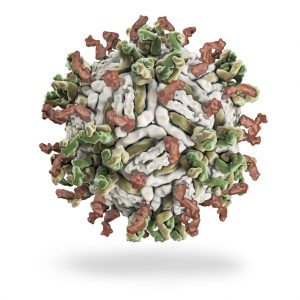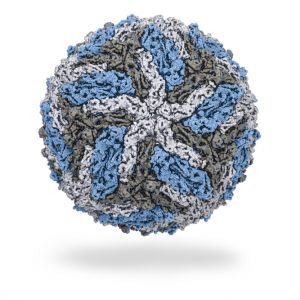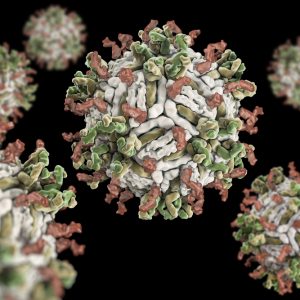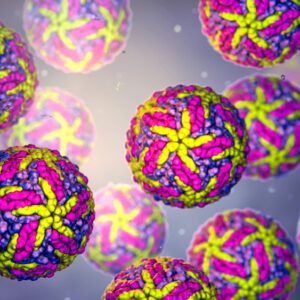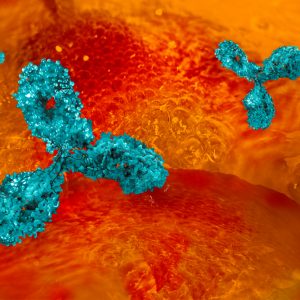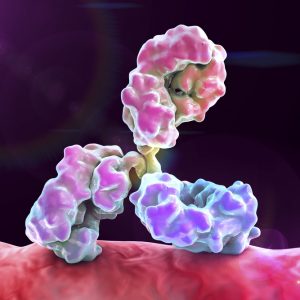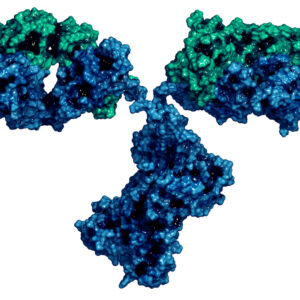Dengue
The Native Antigen Company have an extensive range of Dengue virus proteins, prepared in our mammalian cell expression system, complemented by an array of highly specific monoclonal antibodies. These reagents are widely used by IVD and pharmaceutical companies in manufacturing and R&D.
Dengue Virus Background
Dengue is an emerging disease and a leading cause of illness and death in the tropics and subtropics, with more than one-third of the world’s population living in areas at risk of infection (2). Currently, there is no antiviral therapy for the treatment of dengue or severe dengue disease. Prophylactic vaccines are in development and the first dengue vaccine, Dengvaxia (CYD-TDV) a live recombinant tetravalent vaccine by Sanofi Pasteur, was licensed in Mexico in December 2015, with several other vaccine candidates in clinical or pre-clinical stages of development (3).
Early diagnosis of dengue and dengue serotypes is a vital step in patient management. However, many of the proteins expressed by Flaviviruses are very similar and serological testing is complicated by problems of cross-reactivity. In this context, the use of highly purified antigens, that are glycosylated and natively folded are crucial in the development of accurate and reliable immunoassays.
References
- World Health Organization (WHO) – Dengue and severe dengue
- WHO – Guidelines for diagnosis, treatment, prevention and control (2009)
- WHO – Dengue vaccine research
Dengue Antigens
We also offer a full panel of Dengue virus-like particles (VLPs) – intact particles comprising 180 copies of envelope and prM/M proteins. Our VLPs have been extensively analysed by Metz et al. in 2018, demonstrating that they are antigenically comparable to native Dengue virus. To complement our NS1 and VLP proteins, we have also developed a panel of soluble Dengue virus Envelope proteins.
Dengue Antibodies
In addition to NS1-specific antibodies, we offer a number of additional antibodies specific for envelope and membrane proteins.
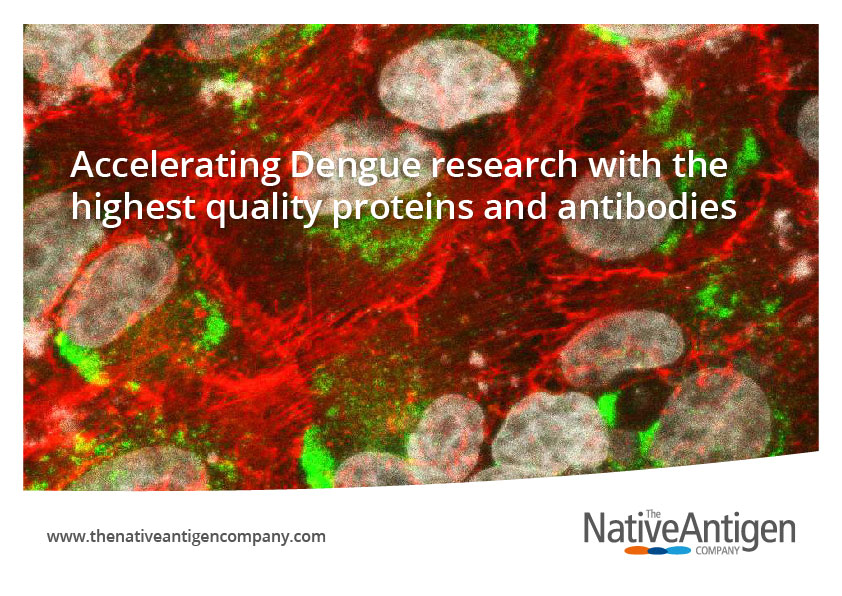
Accelerating Dengue research with the highest quality proteins and antibodies
Questions?
Check out our FAQ section for answers to the most frequently asked questions about our website and company.

